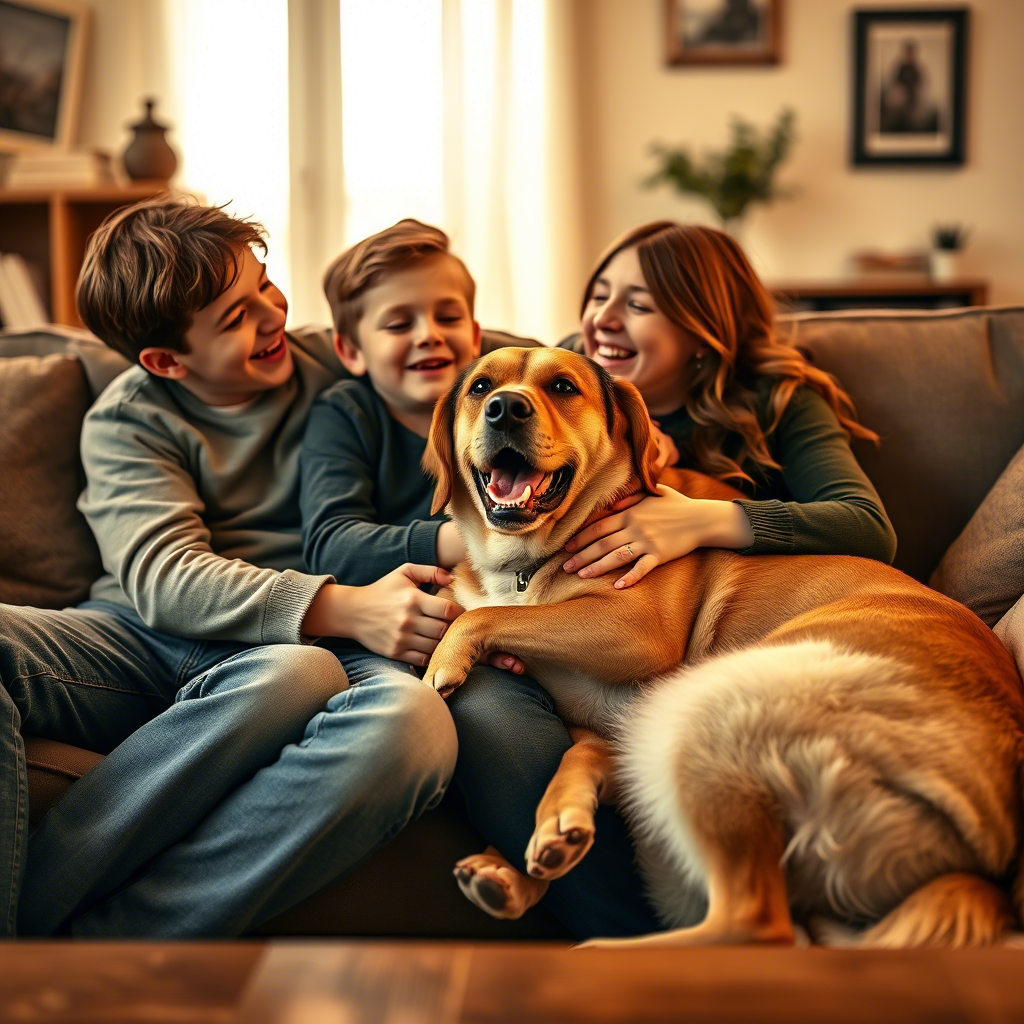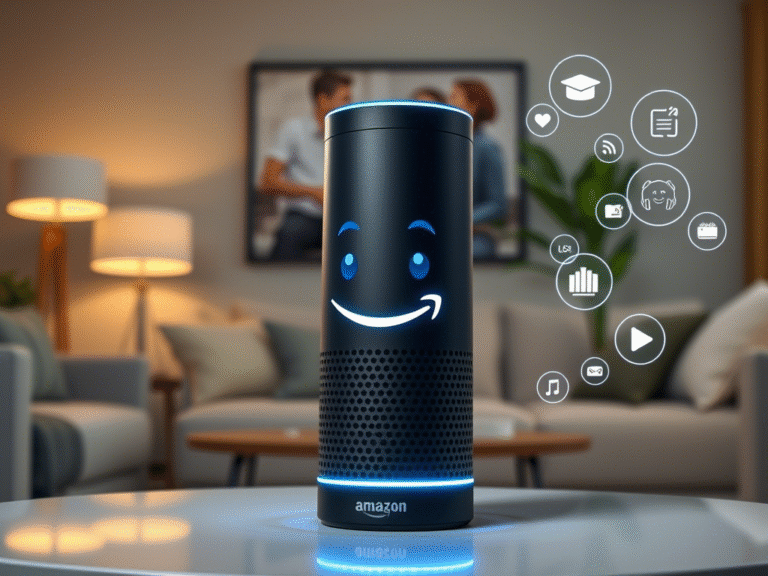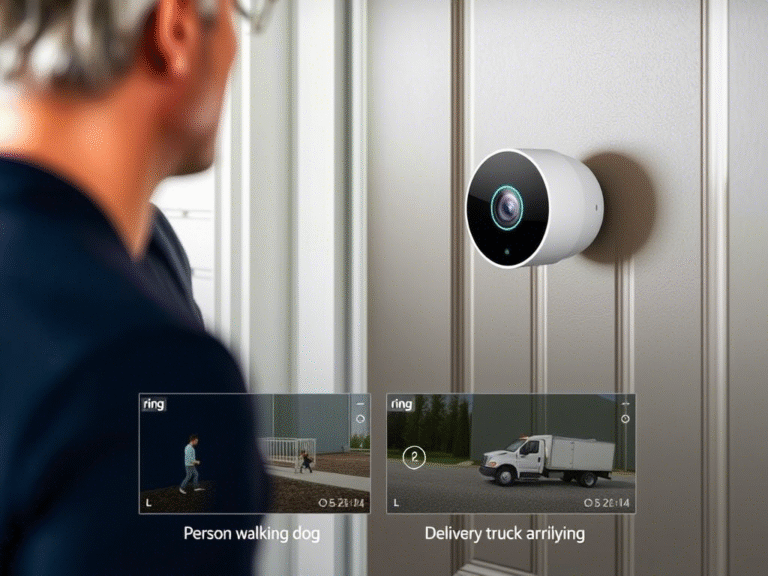
With Fertility Rates Dropping, Are Dogs Becoming Family Replacements?
In many Western societies, more people are choosing dogs over children — opting for the companionship of pets without the financial and emotional demands of raising a child. As birth rates continue to fall, dog ownership is on the rise.
In countries like the U.S., Canada, Australia, and much of Europe, between one-third and one-half of all households now include at least one dog. This growing trend coincides with declining fertility rates, raising concerns about long-term population decline.
A new theoretical review by ethologists Laura Gillet and Enikő Kubinyi from Eötvös Loránd University in Hungary examines the cultural shifts behind this phenomenon and what it could mean for the future of family structures.
Humans and dogs have shared a bond for thousands of years — possibly formed multiple times throughout history as wild canines and human groups began working together. In the past, this relationship was largely practical, centered around hunting, protection, and survival.
Today, however, dogs are no longer valued just for their utility. Their role has shifted — becoming more emotional and family-oriented.
Walk through any city street in London, Paris, Melbourne, or New York, and you might easily mistake stylish pups like Juju the café-sipping Bichon Frisé or Captain Jack the fashion-forward French bulldog for actual members of the family — even substitutes for children.
While some dog owners may treat their pets like human children, the researchers emphasize that this is still the exception rather than the rule.
“Contrary to what some might believe, only a small percentage of pet owners actually view their dogs as substitutes for kids,” explains Enikő Kubinyi. “Most people choose dogs precisely because they’re not like children — they understand and respect their dogs’ unique needs as animals.”
After reviewing a wide range of studies on the topic, Gillet and Kubinyi argue that our instinct to care and nurture isn’t limited to humans. Dogs and babies don’t have to be mutually exclusive — many people love both. But for financial or social reasons, some are choosing one over the other.
For many young adults, cultural and economic pressures make having children less feasible. As a result, dogs often benefit from the time, attention, and resources that might otherwise go toward raising kids.
“Dogs are deeply dependent on their owners, but compared to raising a child, the responsibilities of pet ownership are seen as more manageable by many,” says Laura Gillet.
In the U.S., the cost of raising a child has risen sharply — with one report showing a 35.7 percent increase in just two years. Alongside concerns about climate change, shifting gender roles, and the isolation some parents feel, fewer people are opting for parenthood.
This doesn’t always mean dogs are replacing babies. Rather, it suggests that people who might not have had pets before are now able to afford and commit to them.
“Pet parenting can also happen alongside raising children,” the researchers note. “It supports the idea that humans have an evolved capacity to care — regardless of species.”
As societies age and loneliness becomes a growing public health concern, dogs like Captain Jack and Juju aren’t just cute companions — they play a vital role in emotional support and caregiving.





